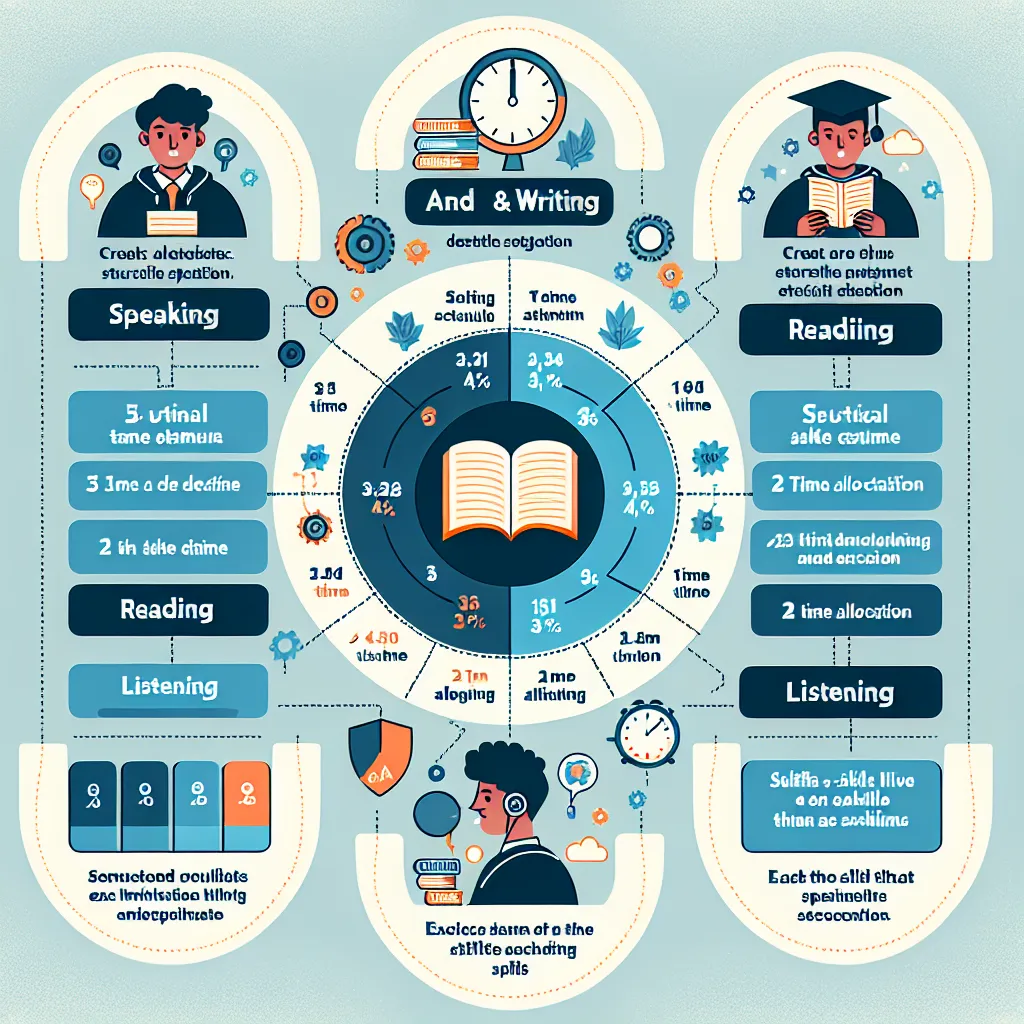The Pearson Test of English (PTE) Academic is a computer-based English language proficiency test that assesses the listening, reading, speaking, and writing abilities of non-native English speakers. Understanding the common question types in the PTE exam is crucial for effective preparation and achieving a high score. In this comprehensive guide, we’ll explore the various question types you’ll encounter in each section of the PTE exam.
Overview of PTE Exam Structure
Before diving into the specific question types, it’s essential to understand the overall structure of the PTE exam. The test is divided into three main parts:
- Speaking and Writing (54 – 67 minutes)
- Reading (29 – 30 minutes)
- Listening (30 – 43 minutes)
Each part contains different question types designed to assess various aspects of your English language skills.
 PTE Exam Structure
PTE Exam Structure
Speaking and Writing Question Types
Speaking Question Types
-
Read Aloud
- Task: Read a short text aloud
- Skills assessed: Reading and speaking
- Time: 30-40 seconds per item
-
Repeat Sentence
- Task: Listen to and repeat a sentence
- Skills assessed: Listening and speaking
- Time: 15 seconds per item
-
Describe Image
- Task: Describe an image in detail
- Skills assessed: Speaking and content organization
- Time: 40 seconds per item
-
Re-tell Lecture
- Task: Listen to a short lecture and summarize it
- Skills assessed: Listening, speaking, and content organization
- Time: 40 seconds per item
-
Answer Short Question
- Task: Listen to a question and provide a brief answer
- Skills assessed: Listening and speaking
- Time: 10 seconds per item
Writing Question Types
-
Summarize Written Text
- Task: Summarize a given text in one sentence
- Skills assessed: Reading, writing, and summarizing
- Time: 10 minutes per item
-
Essay (Write Essay)
- Task: Write an essay on a given topic
- Skills assessed: Writing, content organization, and critical thinking
- Time: 20 minutes per item
Reading Question Types
-
Multiple Choice, Choose Single Answer
- Task: Select the correct answer from multiple options
- Skills assessed: Reading comprehension
- Time: 1-2 minutes per item
-
Multiple Choice, Choose Multiple Answers
- Task: Select multiple correct answers from given options
- Skills assessed: Reading comprehension and attention to detail
- Time: 2-3 minutes per item
-
Re-order Paragraphs
- Task: Arrange jumbled paragraphs in the correct order
- Skills assessed: Reading comprehension and logical flow
- Time: 2-3 minutes per item
-
Reading: Fill in the Blanks
- Task: Complete a passage by selecting words from a list
- Skills assessed: Reading comprehension and vocabulary
- Time: 1-2 minutes per item
-
Reading & Writing: Fill in the Blanks
- Task: Complete a passage by typing in missing words
- Skills assessed: Reading comprehension, vocabulary, and spelling
- Time: 2-3 minutes per item
 PTE Reading Question Types
PTE Reading Question Types
Listening Question Types
-
Summarize Spoken Text
- Task: Listen to a short lecture and summarize it in writing
- Skills assessed: Listening, writing, and summarizing
- Time: 10 minutes per item
-
Multiple Choice, Choose Multiple Answers
- Task: Listen to an audio and select multiple correct answers
- Skills assessed: Listening comprehension
- Time: 40-60 seconds per item
-
Fill in the Blanks
- Task: Listen and type missing words in a transcript
- Skills assessed: Listening and spelling
- Time: 30-60 seconds per item
-
Highlight Correct Summary
- Task: Select the best summary of a spoken text
- Skills assessed: Listening comprehension and summarizing
- Time: 30-90 seconds per item
-
Multiple Choice, Choose Single Answer
- Task: Listen and select one correct answer from options
- Skills assessed: Listening comprehension
- Time: 30-40 seconds per item
-
Select Missing Word
- Task: Complete a sentence by choosing the correct option
- Skills assessed: Listening and prediction
- Time: 30-40 seconds per item
-
Highlight Incorrect Words
- Task: Identify words in a transcript that differ from the audio
- Skills assessed: Listening and reading
- Time: 2-3 minutes per item
-
Write from Dictation
- Task: Listen and type a sentence exactly as you hear it
- Skills assessed: Listening, writing, and spelling
- Time: 10-25 seconds per item
Tips for Tackling Different Question Types
-
Practice time management: Each question type has a specific time allocation. Practice completing tasks within these time limits to improve your speed and efficiency.
-
Familiarize yourself with the format: Use official PTE practice materials to become comfortable with the layout and instructions for each question type.
-
Develop specific strategies: Each question type requires a unique approach. For example, in “Re-order Paragraphs,” look for topic sentences and logical connectors to determine the correct sequence.
-
Improve your typing skills: Many tasks require typing responses quickly and accurately. Regular typing practice can significantly boost your performance.
-
Enhance your note-taking abilities: For listening tasks like “Re-tell Lecture” and “Summarize Spoken Text,” effective note-taking is crucial for capturing key information.
-
Build your vocabulary: A strong vocabulary is essential for many question types, particularly in the reading and writing sections.
-
Focus on pronunciation and fluency: For speaking tasks, clear pronunciation and natural speech flow are important scoring factors.
-
Read and listen actively: Engage with the material by predicting content, identifying main ideas, and making connections between different parts of the text or audio.
Common Mistakes to Avoid
-
Misreading instructions: Always read the instructions carefully for each question type to ensure you understand what’s required.
-
Overlooking time management: Don’t spend too much time on one question at the expense of others.
-
Neglecting to check answers: Where possible, review your answers before submitting, especially in the writing section.
-
Speaking too fast or too slowly: Maintain a natural speaking pace in the speaking tasks.
-
Providing irrelevant information: Stay focused on answering the question directly, particularly in essay writing and speaking tasks.
-
Panicking when faced with unfamiliar content: Remember, the PTE assesses your language skills, not your specific knowledge. Stay calm and use the context to help you understand unfamiliar topics.
Conclusion
Understanding the common question types in the PTE exam is a crucial step in your preparation journey. Each question type is designed to assess specific language skills, and familiarizing yourself with these formats will help you approach the exam with confidence. Remember to practice regularly, use official PTE resources, and develop strategies for each question type. With dedicated preparation and a clear understanding of what to expect, you’ll be well-equipped to achieve your desired score in the PTE exam.
We encourage you to share your experiences with different PTE question types in the comments below. What strategies have you found most helpful? Which question types do you find most challenging? Your insights could be valuable to other test-takers preparing for the PTE exam.
[internal_links]




